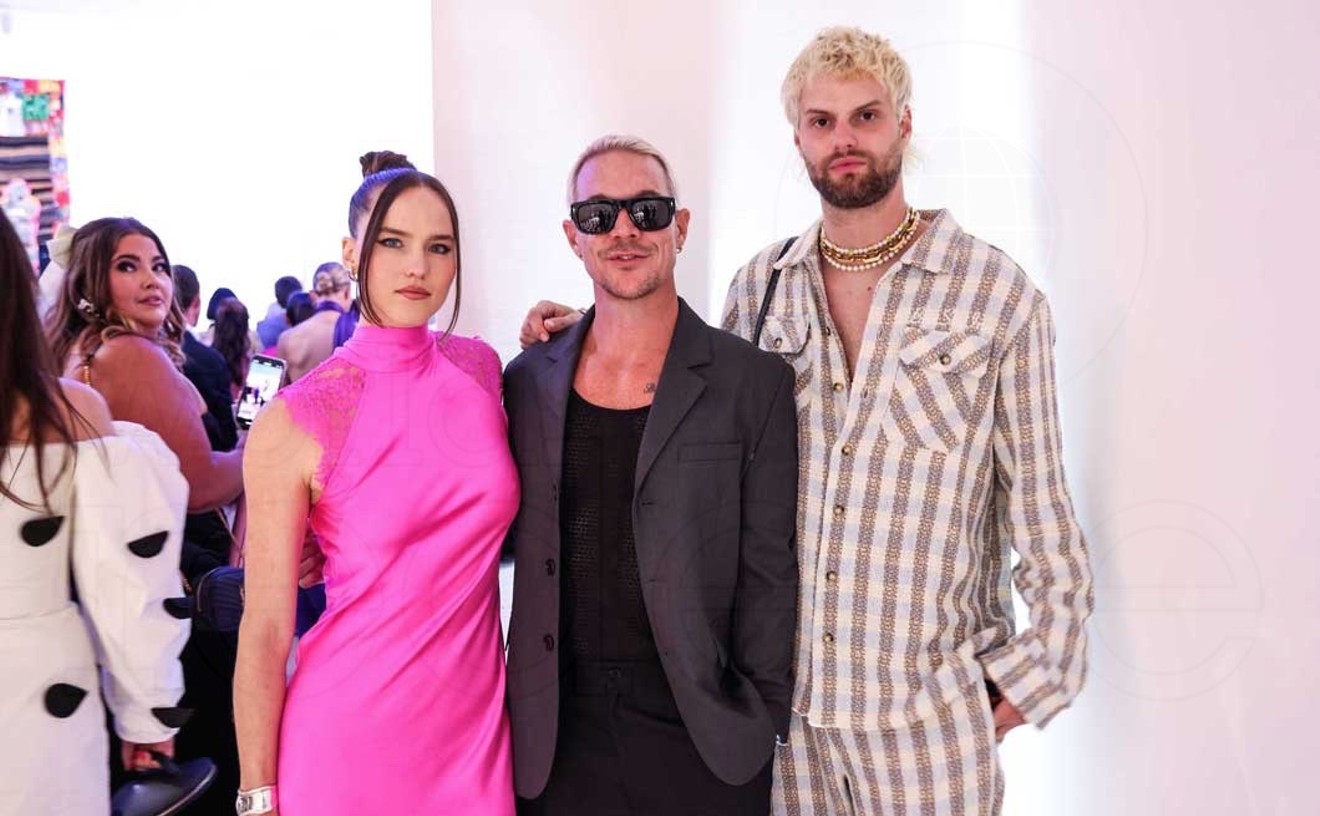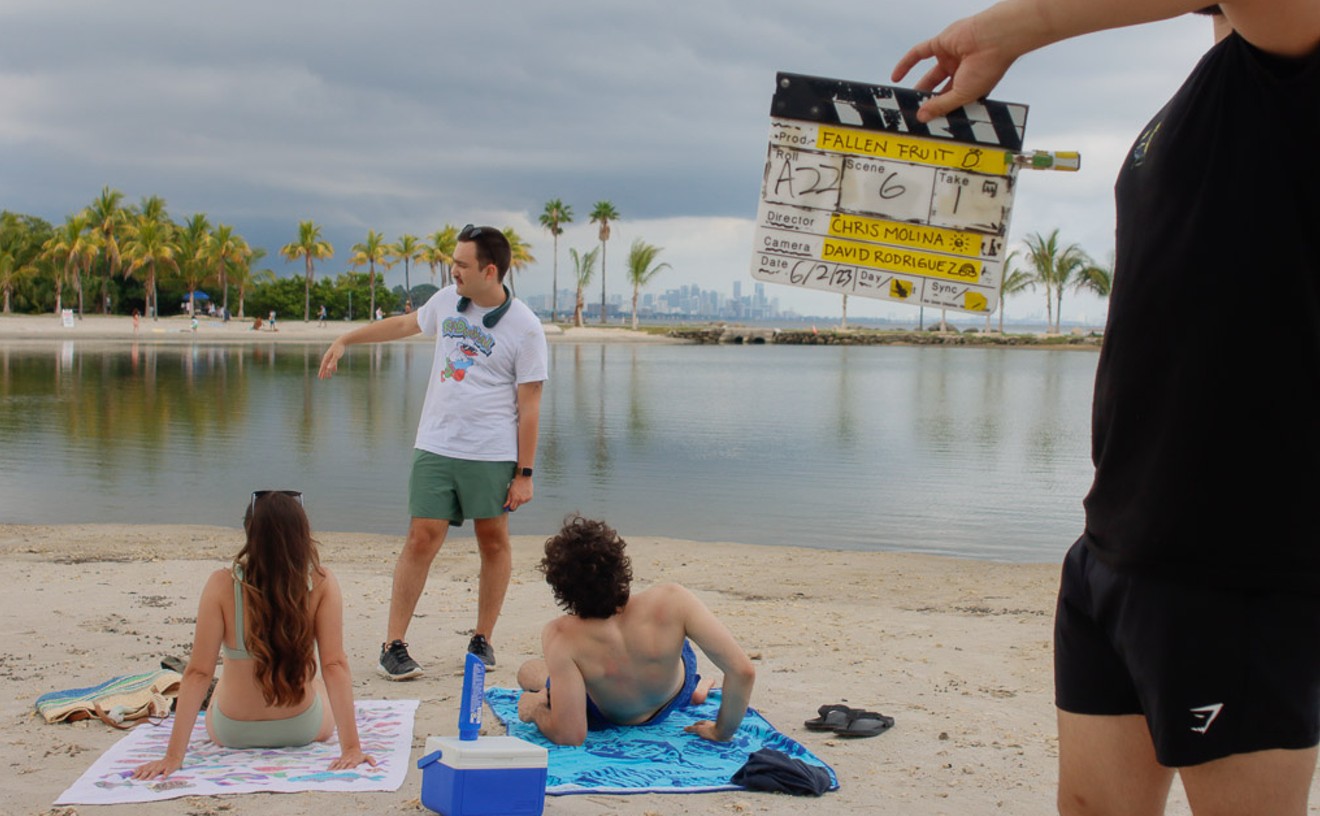It is hard to believe that Marilyn Monroe would be 86 years old today if not for her mysterious death in 1962. After all these years, the world's fascination with the life of the blonde starlet lives on.
Coinciding with the 50th anniversary of Marilyn's death, film director, author, and photojournalist Lawrence Schiller is debuting his 11th book, Marilyn & Me: A Memoir in Words and Photographs. Schiller's journalistic essay takes us back to a time when movies were called "motion pictures" and the predecessors of today's celebrity gossip magazines were called Life and Paris Match.
The book is filled with personal recollections from his charming first encounter with Ms. Monroe on the set of Let's Make Love to his last, just a day before she died. Through photographs, Schiller reveals semi-nude images of the actresses' infamous pool scene on the set of her last, unfinished film, Something's Got to Give. These iconic images -- some never-before-seen -- are the product of words that forever changed his career: "What would happen if I jumped in with a bathing suit on, and actually came out with nothing on?"
The author celebrated the debut of his book at Lincoln Road's TASCHEN Books yesterday. "The Taschen book gives the avid reader a chance to see and read about a tragic story... like a train that is about to crash and the driver of the train has no idea it's going to crash," Schiller said. From her vulnerability and her desperation to revive her career, to her association with Robert Kennedy, Lawrence Schiller saw a side of Monroe not many did.
We sat down with Schiller to get an insider's view of one of Hollywood's most famous icons -- and to discuss whether there was a conspiracy theory to kill her.
New Times: Why did you decide to keep this incredible story to yourself until now?
Lawrence Schiller: Well, I've reinvented myself every 10 or 12 years. Somebody once joked that with every wife I reinvented myself. Writing a memoir didn't interest me. What interested me were other challenges that were out there in front of me. But when you get to be in your 70s, you decide that you've been telling this story to everyone you know your whole life, so I owe it to history. So one day, my wife said, "You owe it to history, you better get this down on paper." But of course Marilyn was early in my life, and when I started looking at some of the pictures it triggered the memories.
So tell us how it all started with you and Marilyn. What exactly was going on in your mind when you first introduced yourself to her as, "I'm the big bad wolf."
Well, you know, what goes on in a young photographer's mind -- and at this point when I meet Marilyn I'm 23 years old -- I got an ego [like] "I'm the best, but I'm scared shitless inside." I had photographed a few celebrities, but nobody as big as Marilyn Monroe. And of course when I went onto the motion picture set for Let's Make Love, she just walked by me as if I didn't exist on the planet, and I could see that she was just totally unapproachable.
But then Johnny Cook, the press agent for the studio, caught her and said, "Look, this is Larry from Look magazine and he'll be here for a few days." And of course she turned around like a light switch, and all of a sudden she became Marilyn Monroe with a big smile and etc. I knew immediately it wasn't because of Larry Schiller, it was because of Look magazine. So I was very scared and I didn't know what to say. She said "Hi, I'm Marilyn," and I said, "And I'm the big bad wolf." And she said, "You're too young to be that bad." I told her I was 23 and that I had been shooting pictures since I was 15. And that started this, not relationship, but it started a dialogue. I think that all my dialogue with her over those periods of time were that I was not that typical type of person that she came up against.
On the set of Let's Make Love, you were photographing her in her dressing room and she asked you, "How often do you lie?" Why do you think she was an insecure person?
Compare Marilyn Monroe to a great comedian or a great actress like Ana Magnani or Betty Davis. I think everybody is insecure in some way; otherwise they wouldn't be a great talent because they are trying to express themselves and prove themselves to themselves and to the world, and I think Marilyn had a lot of demons in her life. A lot of demons. One of the demons that haunted her tremendously was the insanity in her own family -- her mother being in a mental institution, her father attempting suicide, and she herself in pain. I think that inside there were demons we never knew about and dealt with. That's number one.
Number two, I have a theory -- which is based not on speculation or rumor, but based on what I've observed -- and that is Marilyn was very secure in front of the still camera because she didn't have to walk and talk all the time. In front of the moving camera, I think that she became very insecure because she had to have two or three things going on simultaneously. But she went to one of the greatest acting schools in the world, The Actors Studio, and she had one of the greatest acting coaches in the world, Lee Starsberg. She was a fine actress, but the world didn't accept her as that. They accepted her as the dumb blonde. But I believe that that was a role she was playing all the time. Laurence Olivier played roles, Walter Matthau, all actors. But she played the same role all the time, and they wouldn't let her out of that role by giving her other screenplays. That made her more insecure.
Marilyn directed you on where to stand to capture the best photo of her. She was also very picky over which of your photos she approved. Would you have been as patient and understanding as you were if she weren't the Marilyn Monroe?
Well, when I was 23, she had control over the pictures and she had the approval. It was not a matter of being patient. It was a matter that if I wanted to do the assignment, it was a condition for doing the assignment. Many stars in those days like Elizabeth Taylor and Marilyn Monroe wanted to shape their images, and they didn't want to have pictures out there that were not complimentary, so that was a condition. At age 25, when I photographed her two years later, I was a very, very well established photographer. I'm earning $10,000 week in the 60s -- that's a lot of money. I'm driving a Mercedes already. She still had approval of the pictures, but she was a lot less picky in those days two years later. And I felt secure, very secure. So it never really bothered me. By the time I get to be 25, it doesn't matter whether a celebrity has approval or not, because quite honestly, I felt then and I feel now that I was so good I didn't have to worry.
Tell us about when you met with Marilyn to discuss the pool scene photo shoot in Something's Got to Give. What was her motive for wanting to come out of the pool naked
Marilyn asked to have a meeting with me. I had read the script and I understood that there was a scene that was supposed to indicate nudity, but that there wouldn't be nudity in it when being shot. She had a flesh-colored bathing suit on. And I was surprised she even asked for a meeting, because movie stars don't ask to meet with photographers.
But I went out to her house, and her press agent was there, and the conversation was about various things. And then, at one point, she asked what would happen if she jumped in the swimming pool with a bathing suit on but came out with nothing. And Pat Newton, her press agent, of course turned to her and said, "You're not kidding, you're not going to do that." And she said, "Well, I'm kind of thinking about it." Then I realized that she was serious, because she wanted to make sure that Liz Taylor wasn't in the same magazine that her pictures were going to be published. She explained in a way where I knew she was getting paid $100,000 for a movie and Liz Taylor was getting paid a $1 million by the same studio -- she wanted to prove that she was as good an actress as Elizabeth Taylor was. So in 1962, I was a little cocky and I said "Marilyn you're already famous, now you're going to make me famous." And she looks up at me like, don't be so cocky, and she said, "You know, photographers are easy to replace. You could be replaced very easily." I realized then that Marilyn was all business. She was a smart businesswoman and she wasn't a dumb blonde 24/7.
The day before she passed away, you approached Marilyn about using some of the more provocative photos for Playboy. She said, "It's still about nudity. Is that all I'm good for?" Did you feel any guilt or regret for having ever approached her about it?
Well, the question rises whether or not she approved pictures to be sold to Playboy. Whether I was exploiting her for my own benefit -- with her permission -- I think Marilyn was exploiting herself as much as the permission she gave me to exploit her pictures, because Marilyn was trying to prove something to the studio. She had no weapons left in her arsenal except her body, and she resorted to that arsenal in desperation. Marilyn was, in essence, the person that wanted the pictures exploited, and I became the best person within arms' length to carry out that exploitation.
You witnessed things many people didn't, like Robert Kennedy at her home shortly before she died. Do you believe there was a conspiracy to kill Marilyn?
You know you can't prove a negative -- you can't prove there are no flying saucers. Personally, I spent a lot of time with Bobby Kennedy after that. I was a photographer and I photographed his campaigns. I don't think the Kennedys were the type of people that would deal with a problem that way. I also don't believe there was a conspiracy to kill Robert Kennedy, just as I don't believe there was a conspiracy to kill John F. Kennedy.
Get your copy of Marilyn & Me at TASCHEN Books, 1111 Lincoln Road, Miami Beach.
Follow Cultist on Facebook and Twitter @CultistMiami.










